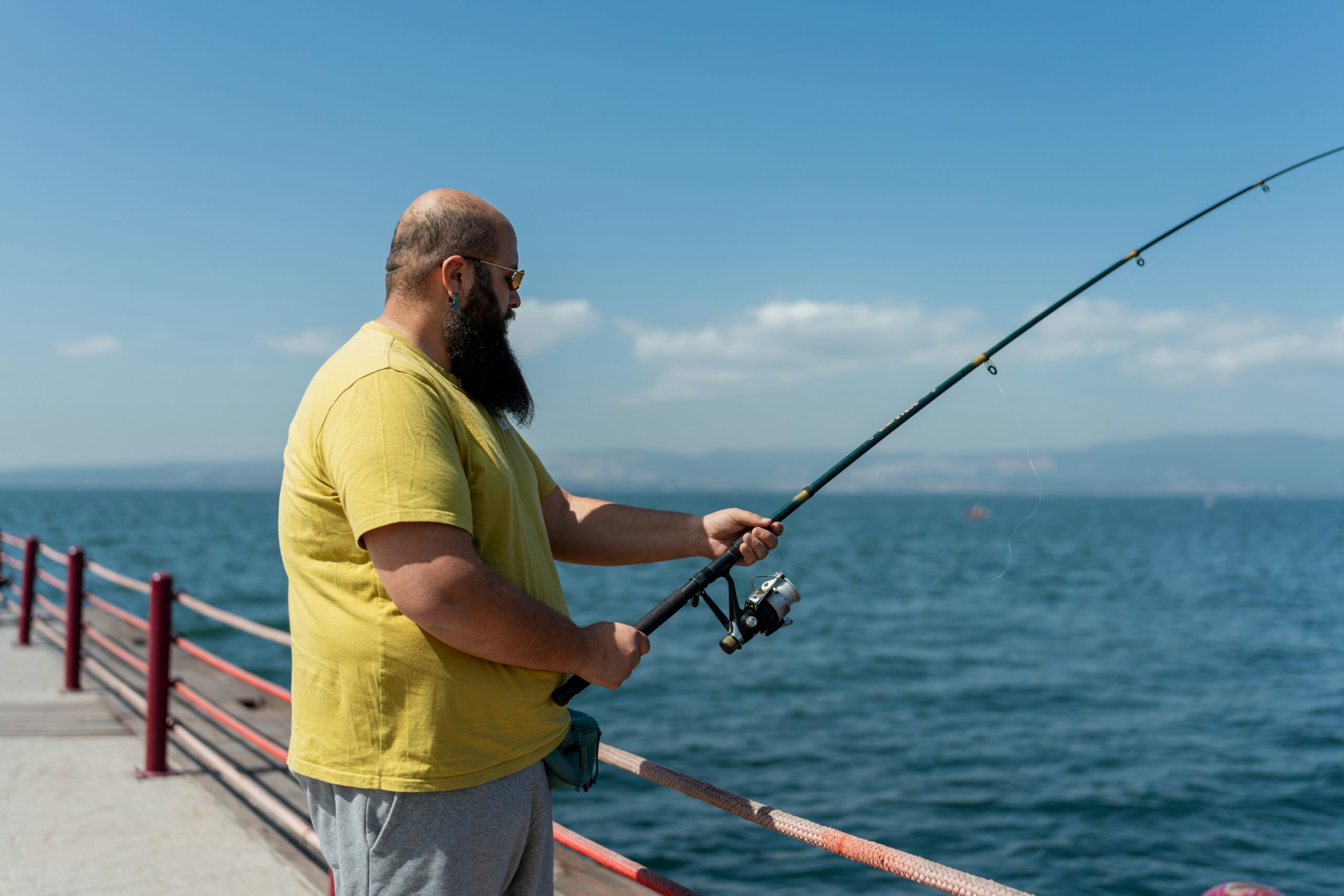
Saltwater fly fishing has long captivated anglers with its blend of skill, strategy, and the thrill of the chase. Unlike traditional freshwater fishing, this demanding pursuit challenges individuals to adapt to changing tides, unpredictable weather, and the formidable strength of oceanic fish. Its competitive nature extends beyond the sport, often transforming into a personal quest for improvement and connection with the natural world.
Understanding the Unique Challenges of Salt Water Fly Fishing
Saltwater fly fishing presents unique obstacles that test an angler’s expertise and resilience. Saltwater environments are dynamic, with ever-shifting conditions, unlike calm lakes or rivers. Tides rise and fall, winds gust unpredictably, and fish migrate seasonally, making preparation and adaptability crucial. Each fishing trip offers a distinct set of circumstances, continually pushing anglers to fine-tune their skills.
Moreover, saltwater species like tarpon, bonefish, and permit are notoriously elusive. These fish are strong, fast, and wary, requiring precise casting and keen observation. Anglers must develop patience and practice consistently to achieve success. While the learning curve is steep, each challenge conquered strengthens the bond between the angler and the sport.
Embracing Strategy and Technique
Success in saltwater fly fishing demands more than casting a line into the waves. It requires a thoughtful approach and mastery of various techniques. First, understanding fish behavior plays a pivotal role. Observing water temperature, current patterns, and baitfish activity can help pinpoint a target species’ location. These observations guide every aspect of the angler’s strategy.
Casting technique is another critical factor. Unlike in freshwater fishing, where shorter casts often suffice, saltwater fly fishing necessitates long, accurate casts to reach fish without spooking them. Perfecting this skill requires hours of practice and an intimate understanding of wind and water conditions. The angler who hones these techniques gains a significant advantage in competitive scenarios.
The Competitive Edge: Pushing Limits and Breaking Barriers
Saltwater fly fishing naturally breeds competition between anglers or within oneself. This pursuit inspires individuals to push boundaries, constantly striving to catch larger fish, master advanced techniques, or tackle new environments. The sense of accomplishment from landing a prized catch fuels a drive for continuous improvement.
Additionally, the sport fosters camaraderie and friendly rivalry among participants. Fishing tournaments provide a platform for anglers to showcase their skills while sharing knowledge and experiences. These events not only highlight the competitive nature of the sport but also create a sense of community. Anglers often learn from one another, exchanging tips and techniques that enhance their performance.
The Role of Equipment in Competitive Salt Water Fly Fishing
The right equipment can make all the difference in saltwater fly fishing. Saltwater fly rods are designed to handle the power and speed of large fish, offering the strength and flexibility needed for effective casting and retrieval. This specialized gear is paired with durable reels and corrosion-resistant lines, ensuring optimal performance under demanding conditions.
Equally important is the choice of flies. Saltwater flies are often larger and more robust than their freshwater counterparts, mimicking baitfish, crabs, or shrimp. Selecting the right fly for the target species and conditions can significantly increase an angler’s chances of success. By investing in quality gear and understanding its application, anglers position themselves for better results on the water.
Conservation and Ethical Angling Practices
While saltwater fly fishing is inherently competitive, it also requires a deep respect for marine ecosystems. Sustainable fishing practices, such as catch-and-release, help preserve fish populations for future generations. Ethical anglers handle fish carefully, minimize stress during the catch, and use barbless hooks to reduce injury.
Furthermore, being mindful of the environment contributes to the sport’s longevity. Properly disposing of waste, respecting marine habitats, and supporting conservation initiatives ensure that the beauty and resources of saltwater environments remain intact. Anglers prioritizing conservation set an example for others, demonstrating that competition and sustainability coexist harmoniously.
Building Lifelong Connections Through the Sport
Beyond its technical demands, saltwater fly fishing offers opportunities to form lasting bonds. The shared experiences of triumph and challenge create strong connections among anglers, whether they are friends, family members, or strangers who meet on the water. These relationships often extend beyond fishing, enriching participants’ lives meaningfully.
The sport also fosters a deep connection with nature. Spending hours on the water, observing its rhythms, and engaging with its inhabitants cultivates a profound appreciation for the environment. This connection transcends the competitive aspect, reminding anglers of the sport’s greater purpose.
Saltwater fly fishing is far more than a recreational activity; it is a competitive pursuit that tests skill, patience, and determination. From mastering casting techniques to respecting marine ecosystems, the sport encompasses various challenges and rewards. Anglers who embrace these aspects find success and a more profound sense of purpose and connection. As the waves crash and the fish run, saltwater fly fishing continues to captivate those willing to dive into its depths.